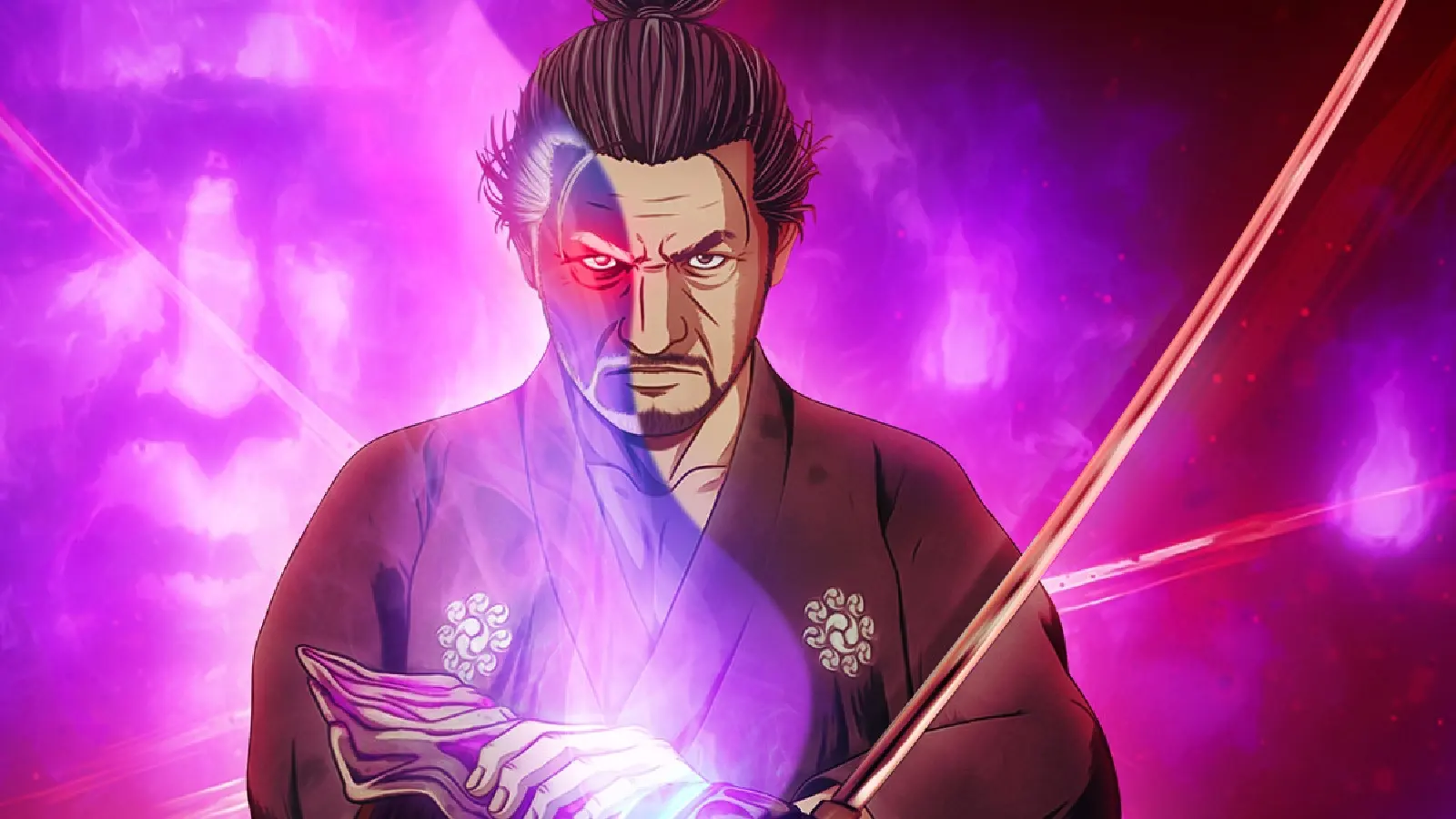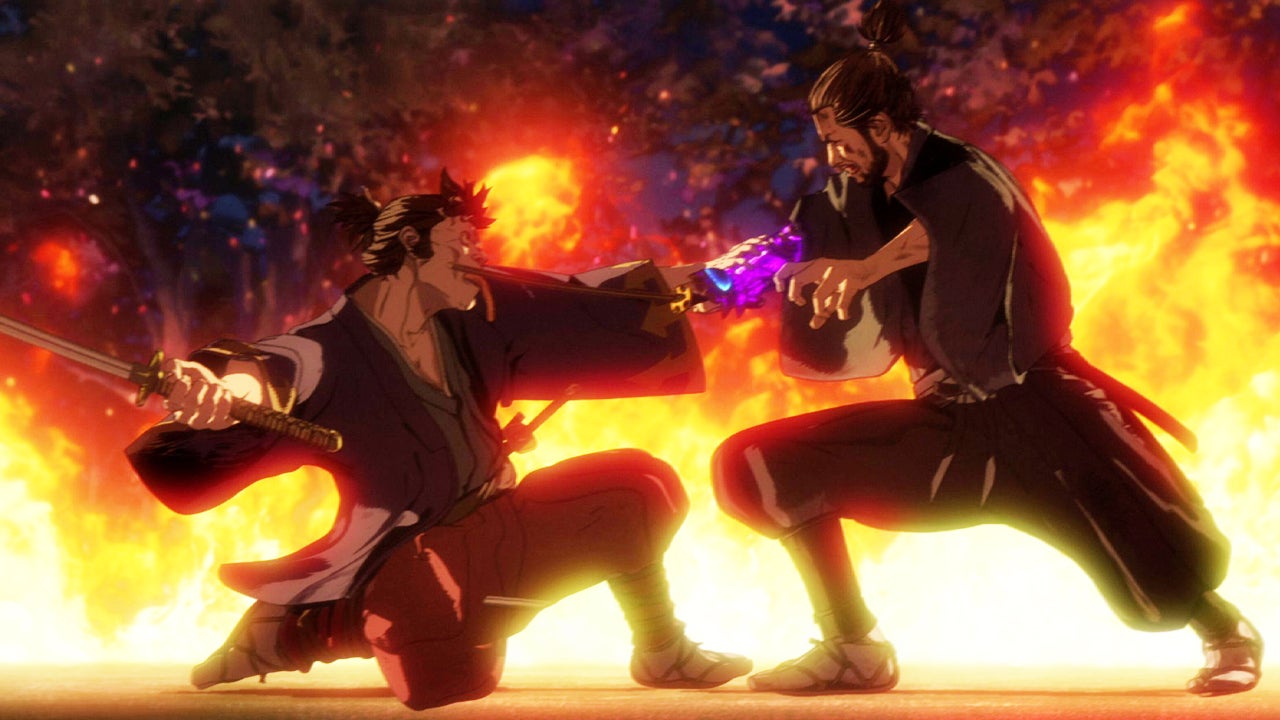In the world of anime adaptations, the recent release of the Onimusha anime had fans and newcomers alike buzzing with anticipation. A cult classic video game series by Capcom, Onimusha carved its niche in the gaming world during the PlayStation 2 era. However, the anime adaptation seems to have missed the mark, failing to capture the essence that made the games a hit. In this review, we’ll explore the highs and lows of the Onimusha anime, examining its connection to the beloved gaming franchise and whether it manages to stand out in the crowded anime landscape.
Onimusha Anime: The Nostalgic Connection
For those who grew up with Onimusha, the anime offered a chance to revisit the world of demon-slaying samurai, albeit in a different medium. The reviewer acknowledges the game’s significance during the PS2 era and highlights its unique position between Devil May Cry and Resident Evil. However, the sentiment turns bittersweet as the review progresses, revealing a missed opportunity for Capcom to revitalize the series in a way that would do justice to its gaming roots.
The anime follows real-life samurai Musashi Miyamoto as he battles demons known as the Genma, summoned by the mysterious samurai Iemon. The narrative, however, falls into predictable samurai tropes, with the first episode paying homage to Seven Samurai but struggling to distinguish itself from the genre’s classics. The connection to the video game series feels superficial, with generic monsters replacing fan-favorite Genma, leaving fans longing for a more faithful adaptation.
Read More: True Detective Season 3 Review: A Dark and Gripping Crime Drama!
Onimusha Anime Fight Choreography and Violence
One redeeming aspect of the Onimusha anime is its fight choreography, credited to the involvement of renowned action director Takashi Miike. The action scenes are gritty and fluid, offering a more mature and visceral experience compared to the average anime. The violence, while not reaching extreme levels, adds an element of intensity to the series, showcasing a willingness to push boundaries.
Read More: Harley Quinn Season 4 Review: Unmasking Gotham’s Newest Heroine!
Character Depth and Missed Opportunities
While the series doesn’t shy away from killing off characters, the reviewer laments the lack of emotional connection to the cast. Musashi takes center stage, leaving other characters sidelined and reducing them to voice actors rather than well-developed personalities. The series, despite its potential, fails to capitalize on opportunities to deepen character arcs and create a more engaging narrative.
The use of CGI in Onimusha’s visuals receives mixed feedback, with characters appearing stiff when not engaged in combat. The reviewer notes a rare exception in the sixth episode, where an over-the-top antagonist injects humor into the series, albeit with animation that borders on cartoonish.
Read More: For All Mankind Season 4 Review: Riding the Cosmic Waves of Excitement!
Summary
The Onimusha anime falls short of expectations, delivering a standard samurai tale that struggles to differentiate itself from the genre’s classics. While the fight choreography and violence add some flair, the lack of character depth and missed opportunities leave viewers with a sense of unfulfilled potential. For fans hoping for a faithful adaptation of the beloved video game series, Onimusha anime may leave them yearning for more.


